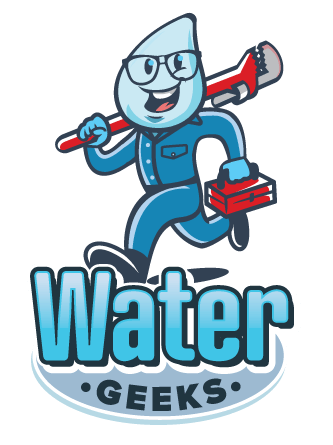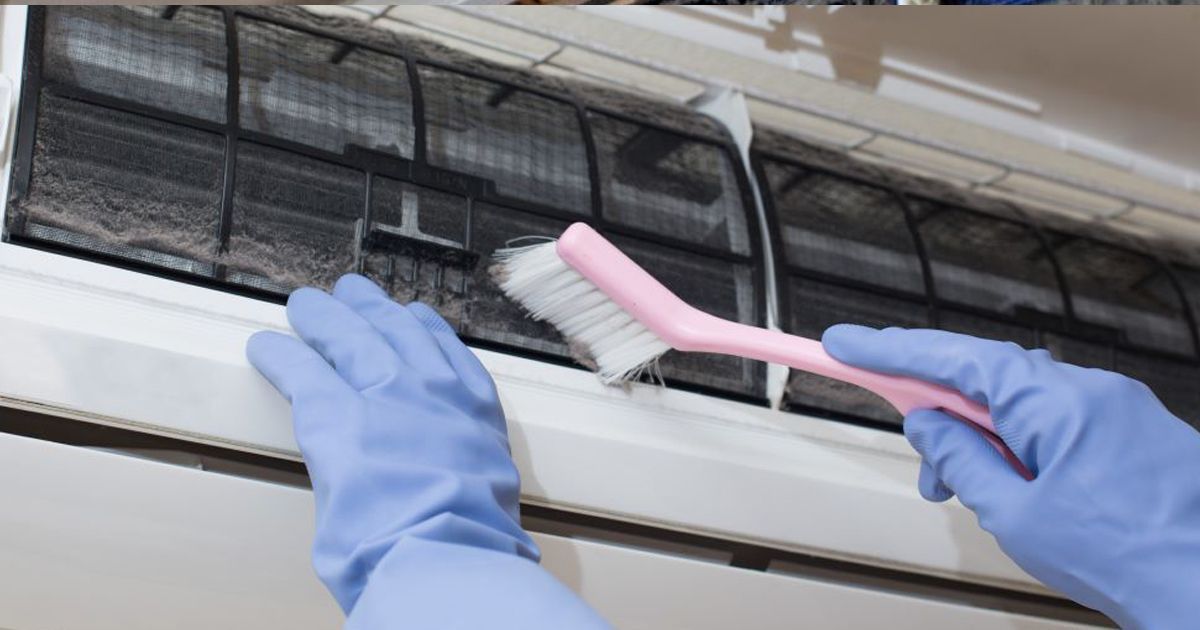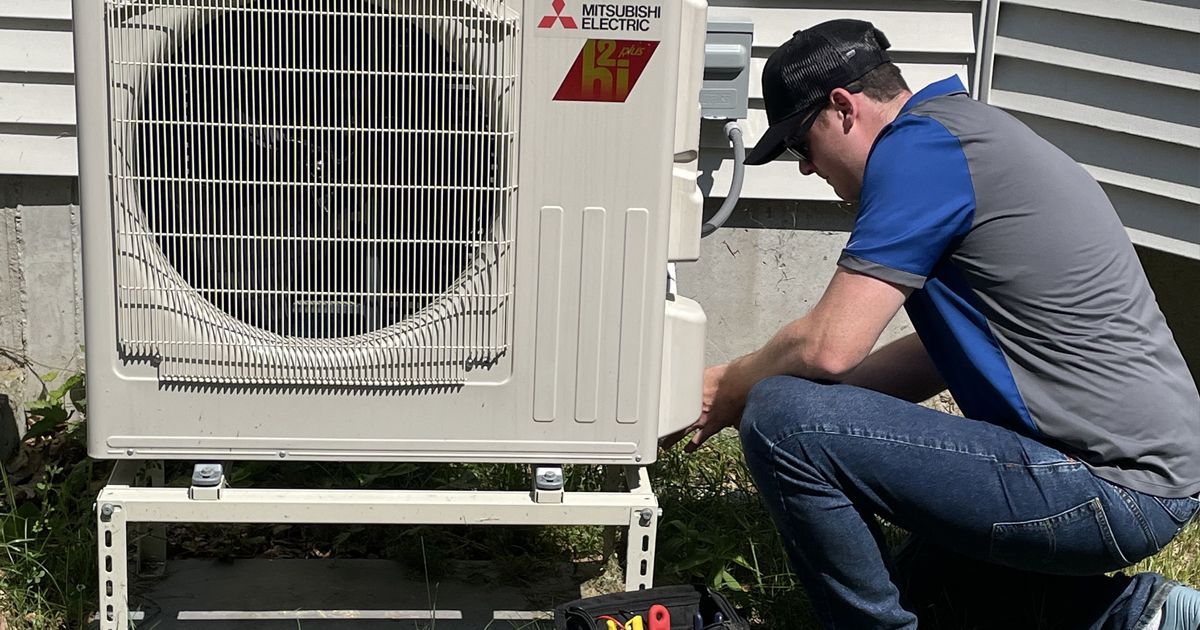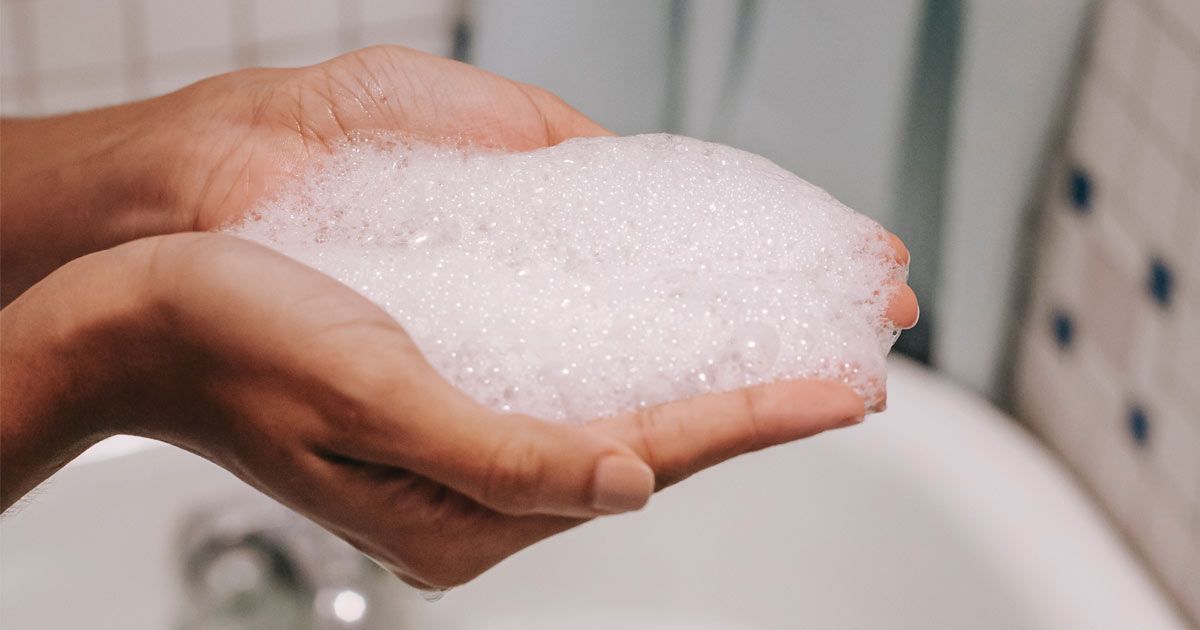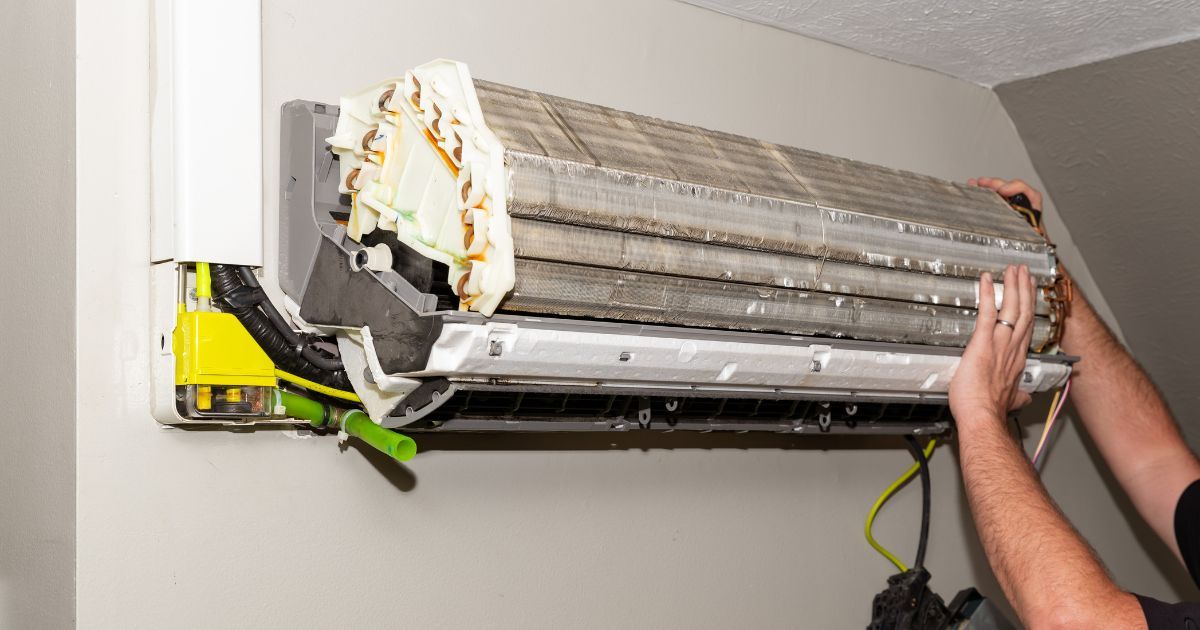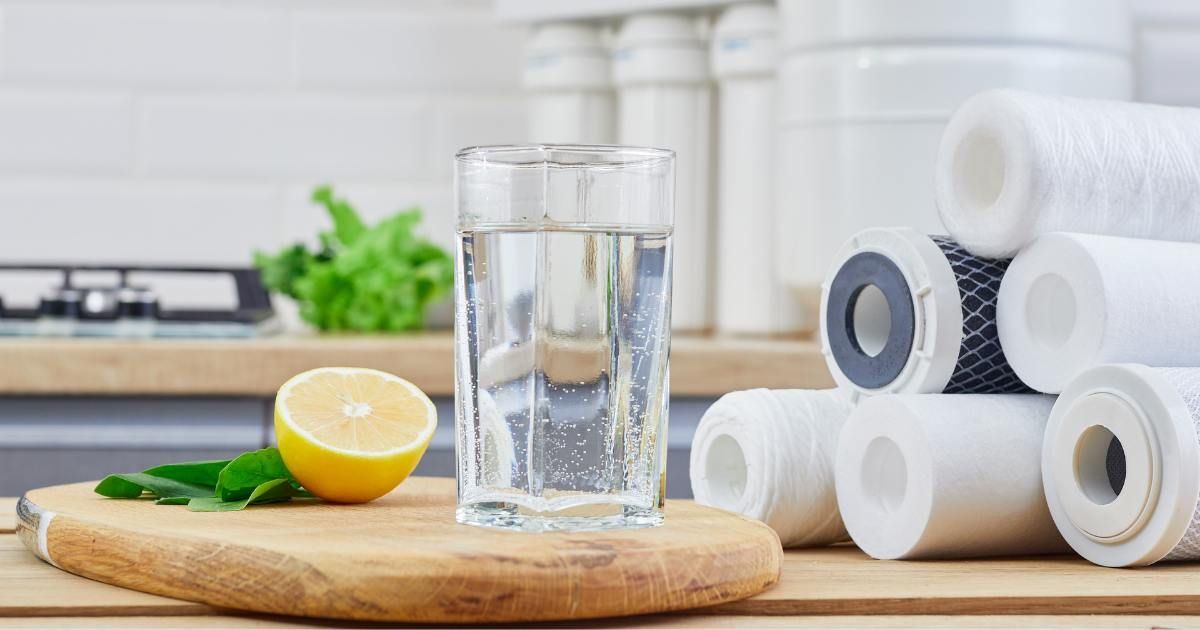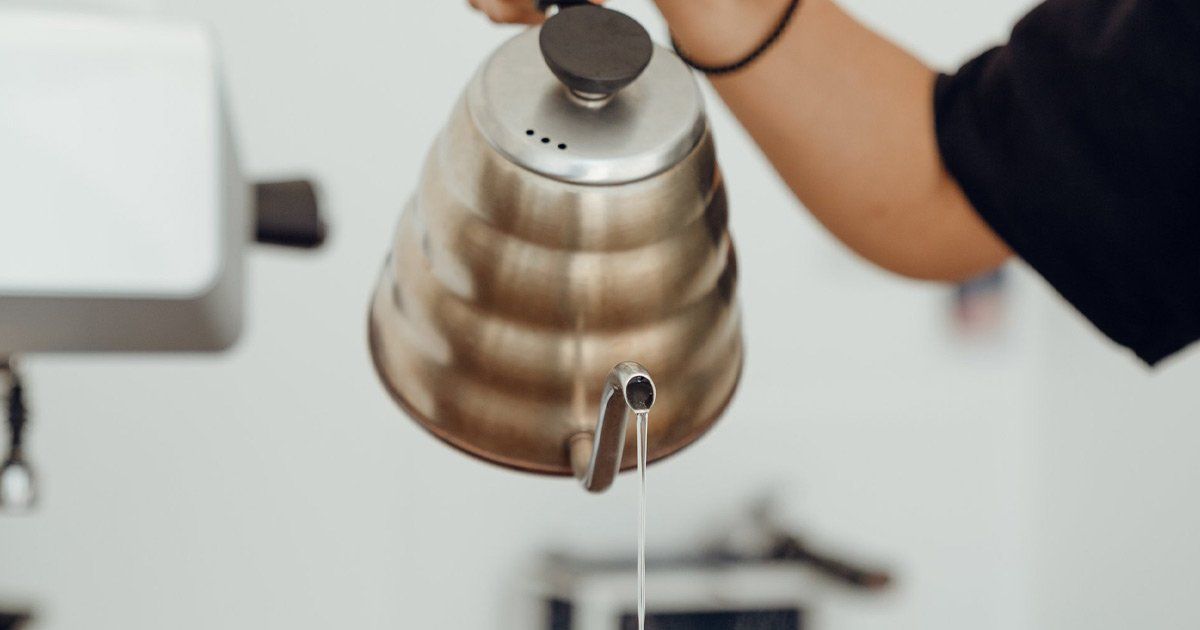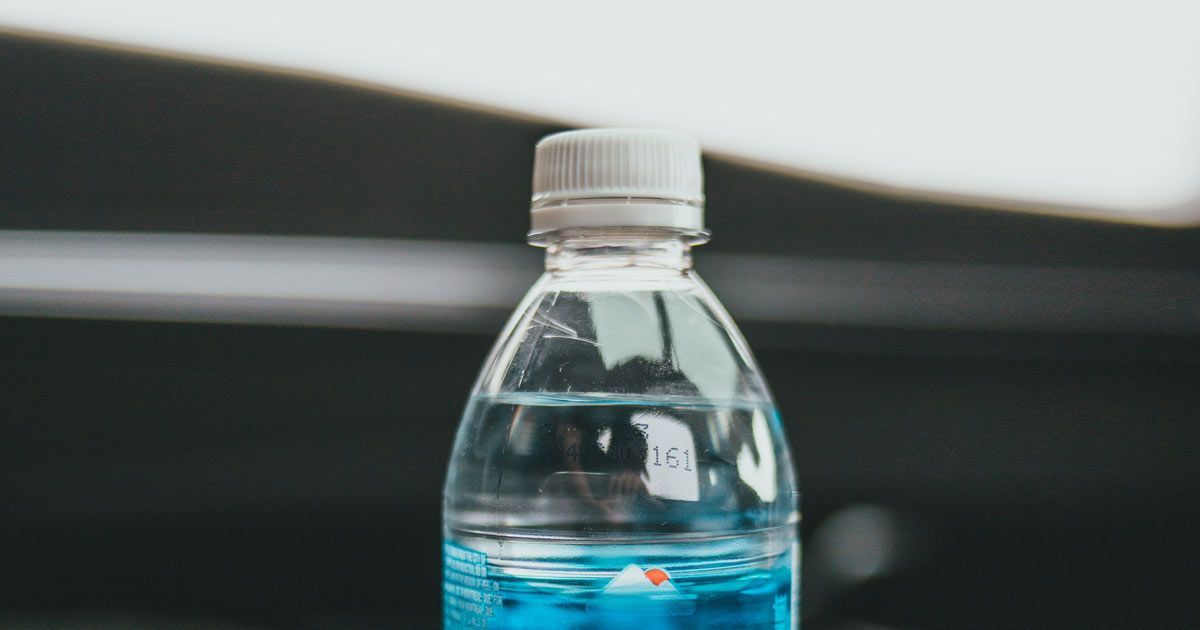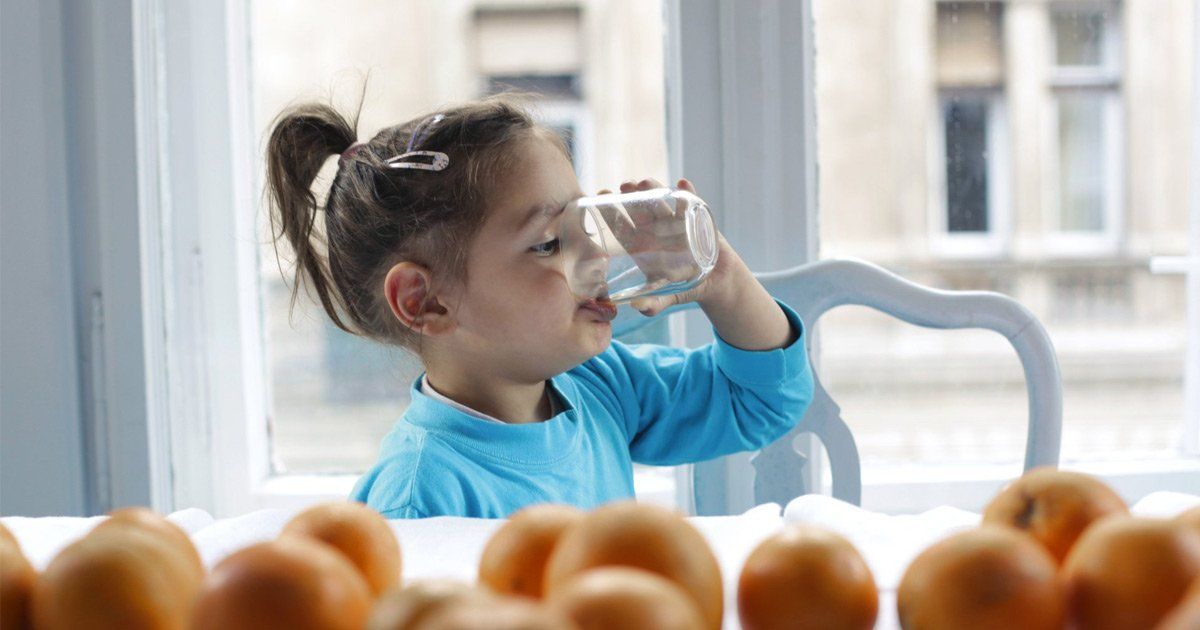Importance of Cleaning Your Heat Pumps
Why Clean Your Heat Pumps?
Regularly cleaning your heat pump is essential for several reasons. Not only does it ensure that your heat pump works properly, but it also protects you from pollutants that can accumulate inside, such as dirt, dust, or mold.
Cleaning both the internal and external components of your heat pump is crucial for maintaining optimal performance.
Using a dirty heat pump can increase wear on internal components and pose health risks, especially to those with respiratory problems. Symptoms of a dirty heat pump include mold growth, strange odors, reduced lifespan of the heat pump, and decreased heating or cooling efficiency.
Maintaining your heat pump is crucial for several reasons, including:
Improved Air Quality:
Clean heat pumps maintain fresh, clean indoor air. Fresh filters are essential for removing dirt, dust, and other contaminants. Dirty or clogged filters can't effectively perform this crucial task. Regular cleaning and servicing are key to keeping filters clean and maintaining high air quality.
Improved Performance:
Clean filters and components ensure optimal performance. If your heat pump struggles to heat or cool your space despite your settings, it may need servicing. Blocked filters, dirty blower wheels, and heat exchangers can severely affect performance, leaving you uncomfortable in extreme weather.
Energy Efficiency
A poorly maintained heat pump consumes more power. Reduced efficiency leads to longer running times and higher energy bills, adding significant costs to your annual heating and cooling expenses.
Odor Prevention
A foul smell from your heat pump could indicate a dirty drain assembly, leading to poor drainage and stagnant water accumulation. Dust and mold buildup can also contribute to unpleasant odors. Regular servicing helps prevent these issues.
Mold Prevention
Heat pumps provide an ideal environment for mold, bacteria, and viruses to thrive. This buildup not only causes bad smells but also contributes to allergic reactions, hay fever, and reduced system performance. Regular, thorough servicing can eliminate these contaminants, ensuring a healthier living environment.
Mold can grow inside the heat pump if not cleaned, posing a health risk when breathed in. Additionally, as particles accumulate inside the heat pump, it will have to work harder and use more energy, leading to higher utility bills and accelerated wear on components.
